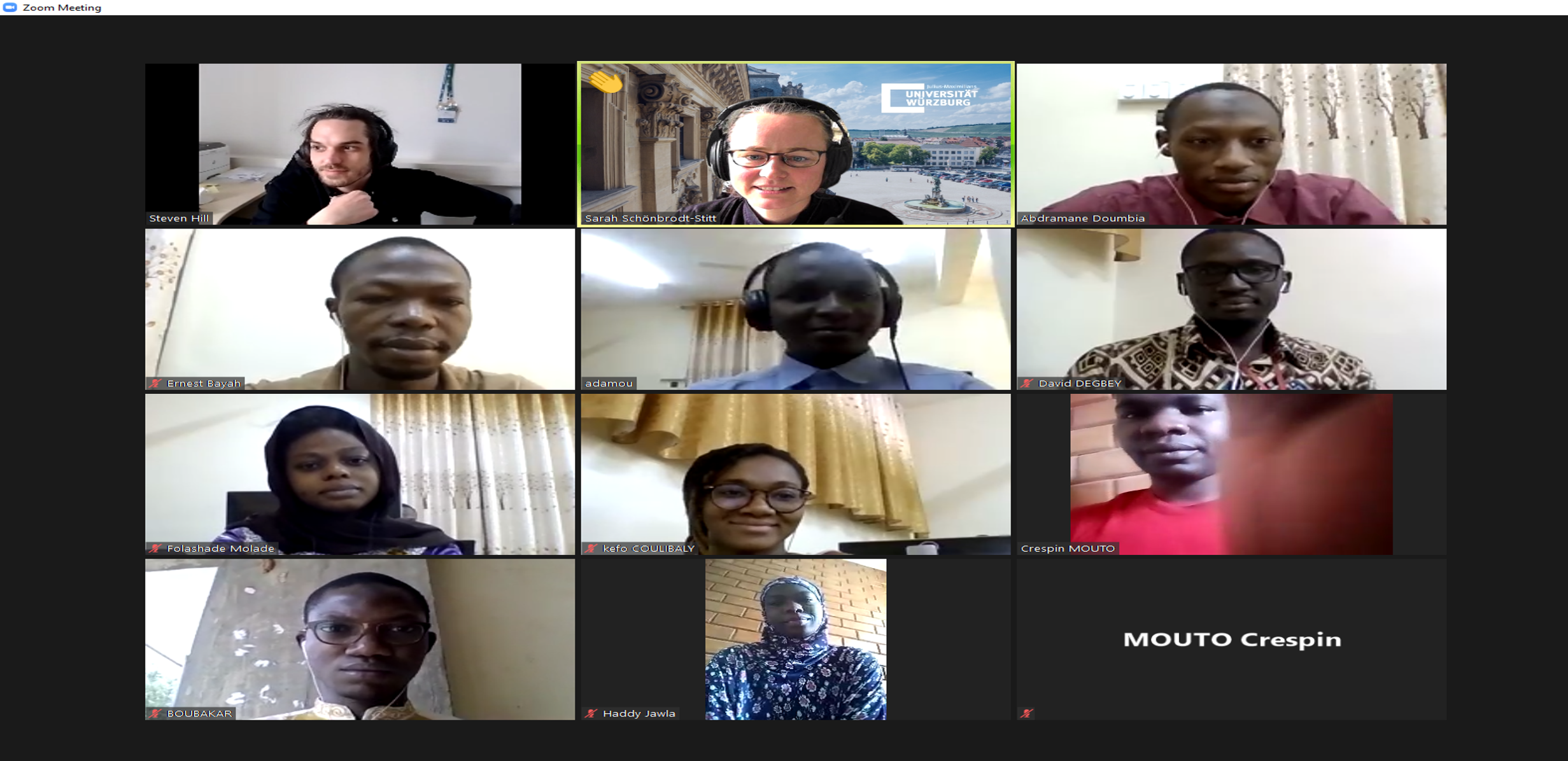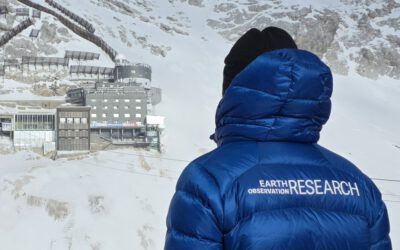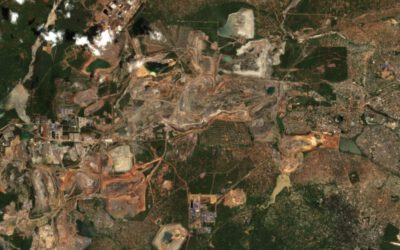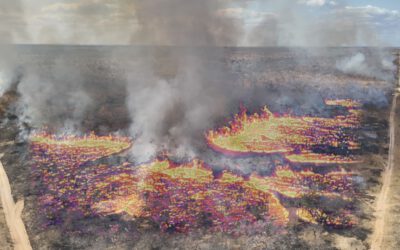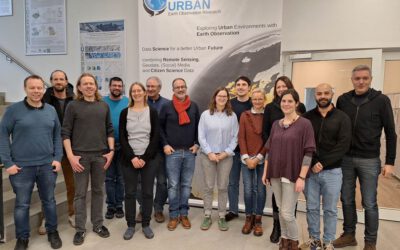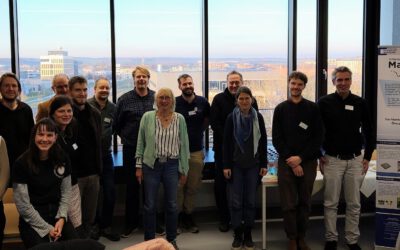As part of the project WASCAL-DE-Coop, the Department of Remote Sensing at the University of Würzburg conducted the second course on Spatial Data Analysis, embedded in the WASCAL Master Research Program “Climate Change and Informatics” at the University Université Joesph Ki-Zerbo, Ouagadougou in Burkina Faso. The WASCAL MSc students worked on and implemented spatial data and spatial data analysis methods, working with remote sensing data and programming in Python.
Ten intense days (April 26 to May 07) of spatial data analysis with much theory and, most importantly, exercises just finished. And in the end, it just feels like time was running so fast. We wish all WASCAL master students in Ouagadougou maximum success in implementing their research work and the always right portion of curiosity and passion in spatial data analysis.

